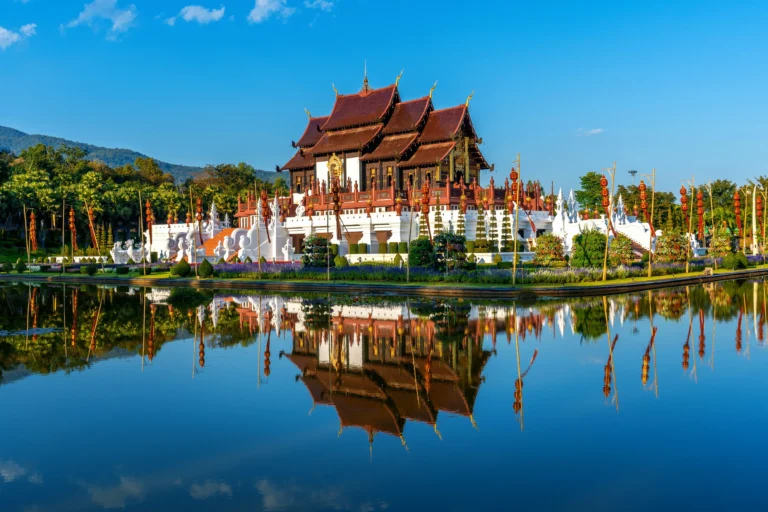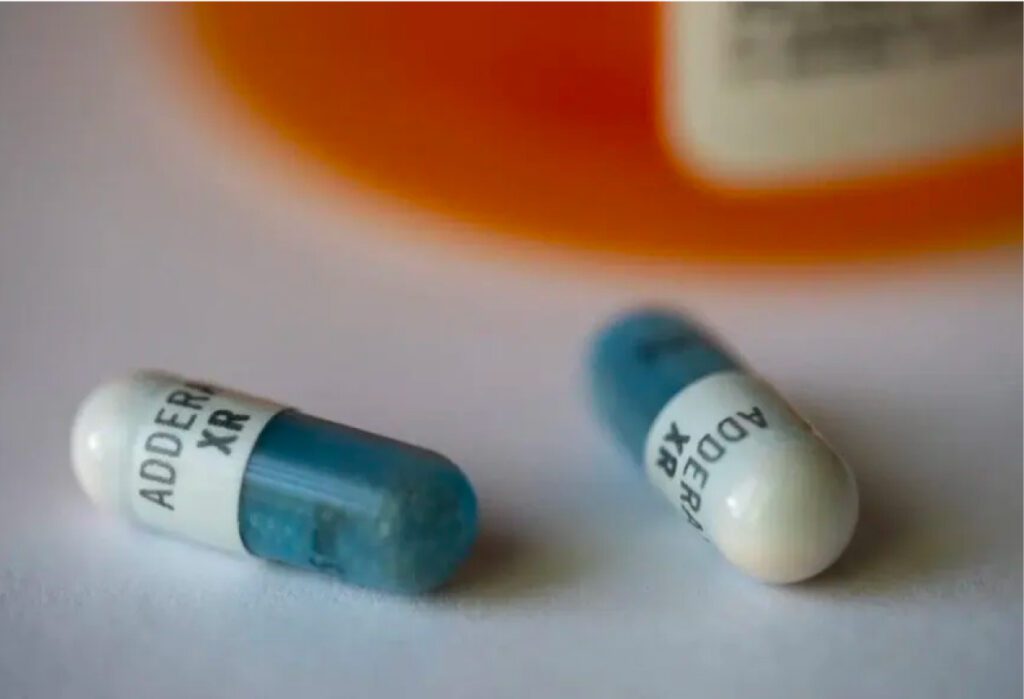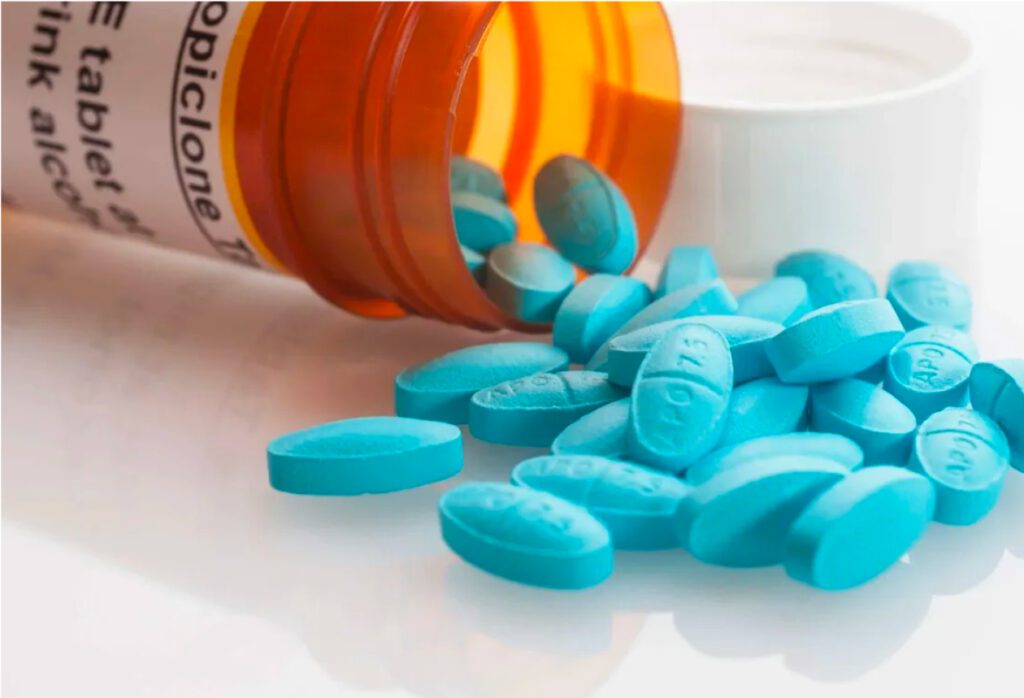Navigating Thailand’s Rehab Scene for the Ideal Treatment Center

Rehab centers provide comprehensive treatment programs that include medical and psychological care, aiming to address the root causes of addiction and facilitate long-term recovery. Thailand has emerged as a leading destination for individuals seeking recovery from addiction and mental health issues. With its serene landscapes and a wide array of Thailand treatment centers, Thailand offers a unique blend of therapeutic environments and cutting-edge treatment methodologies. This article aims to guide you through Thailand’s rehab landscape, helping you find the perfect treatment center that aligns with your recovery goals.
What Rehab in Thailand Offers and Why It’s a Good Choice

Thailand’s rehab is an attractive destination for those seeking recovery. Let’s explore why Thailand is a top choice for anyone looking to take the first step toward a healthier, substance-free life.
Comprehensive Treatment
Options Thailand’s rehabilitation centers are celebrated for their comprehensive and versatile approach to treatment, offering specialized programs for a broad spectrum of issues including alcohol rehab and drug dependency, depression, and prescription medication addiction. These facilities expertly blend Western and Eastern therapeutic practices to tackle both the physical and psychological facets of addiction, positioning them among the premier addiction treatment centers globally. From innovative therapies like mindfulness-based stress reduction and cognitive-behavioral therapy to traditional healing methods such as acupuncture and Thai massage, the centers craft customized and effective recovery plans.
Moreover, they are equipped to delve into the root causes of addiction through a holistic recovery process that includes detoxification, counseling, relapse prevention, and support groups for drug addiction, ensuring that each patient receives a treatment plan that not only addresses the immediate challenges of addiction but also fosters long-term sobriety by catering to both mental health and physical well-being.
Holistic Healing Environment
Thailand’s varied scenery offers unique healing environments that enhance the recovery experience in its rehab centers. In the north, like Chiang Mai, the rehab centers are nestled among mountains, providing a tranquil setting with cool climates and lush surroundings, where healing activities such as guided meditation in forests and traditional Thai yoga take place. The southern regions, known for their picturesque beaches and warm climate, host luxury rehab facilities in places like Phuket and Koh Samui, where the proximity to the ocean offers therapeutic activities and mindfulness practices on pristine beaches, aiding in emotional balance and mental clarity.
The bustling city of Bangkok and the culturally rich eastern regions like Chonburi blend modern with traditional healing approaches, creating serene sanctuaries amidst vibrant surroundings. These centers utilize the city’s wellness resources, including meditation in local temples and yoga in tranquil parks, along with incorporating Thai cultural experiences like cooking classes and art therapy. This diverse range of environments across Thailand fosters peace and mental clarity and addresses the physical, mental, and spiritual aspects of recovery.
Cost-Effectiveness and Quality of Care
One of the significant advantages of choosing a Thailand rehab center is the cost. Treatment programs in Thailand are often much more affordable than those in Western countries, without compromising on the quality of care and facilities. Thailand’s rehab programs often include a variety of holistic therapies such as yoga, meditation, and nutritional counseling, which can be costly add-ons in Western facilities. This cost-effectiveness allows individuals to access high-quality, holistic treatment programs without the financial strain often associated with rehab services in their home countries.
The quality of care in Thailand’s rehabilitation centers is another significant advantage. Thai rehab centers, including both alcohol rehab centers in Thailand and drug rehab centers in Thailand, are known for their high standards of care, with experienced professionals who offer personalized treatment plans. This ensures that each individual’s needs are met, providing a solid foundation for recovery. The staff’s commitment to compassionate care, combined with ongoing support and aftercare services, ensures that clients not only achieve sobriety but also have the tools and resources to maintain it long-term.
5 Factors to Consider When Choosing a Rehab Center in Thailand

1. choosing the right location
The location of a rehab center is crucial in shaping your recovery experience. Thailand offers a diverse range of environments, from the peaceful countryside to the serene beachfront, each providing a unique backdrop for healing. The choice of location should resonate with your personal preference for tranquility or inspiration. For instance, some may find the calm of rural areas conducive to introspection and recovery, while others might draw energy and positivity from the vibrant atmosphere of a beachside facility. The right environment can significantly enhance your mental and emotional well-being.
2. considering treatment methods to align with your needs
Treatment methods vary widely among rehab centers in Thailand. In Thailand, rehab centers offer a spectrum of treatment methods, blending Western practices like Cognitive Behavioral Therapy (CBT) and medication-assisted treatments with Eastern traditions such as yoga, meditation, and Thai massage. This diversity allows for a more holistic approach to recovery, addressing not just the physical aspect of addiction but also its psychological and spiritual dimensions. When choosing a rehab center including addiction rehab in Thailand, consider how its treatment philosophy aligns with your beliefs and preferences. A program that resonates with you on a personal level is more likely to facilitate a meaningful and lasting recovery.
3. finding reviews to ensure personalized care and support
The best rehabilitation center in Thailand prioritizes personalized care, tailoring treatment plans to meet the individual needs of each client. A low client-to-staff ratio is essential for providing the necessary attention and support, allowing for a more intimate and focused recovery process. Comprehensive personalized care includes tailored treatment plans and one-on-one counseling, guaranteeing that all aspects of an individual’s needs and challenges are met. Prospective clients are advised to consult Google Maps reviews or the rehab center’s website testimonials to identify facilities renowned for exceptional personalized care and support.
4. don’t forget about accreditation and quality of care
Accreditation by reputable organizations signifies a rehab center’s adherence to internationally recognized standards of treatment and patient care. When researching rehab centers in Thailand, verify their accreditation status to ensure they meet high-quality standards. Accredited facilities are regularly evaluated on various aspects of their operations, including treatment efficacy, staff qualifications, and facility safety. Choosing an accredited center gives you peace of mind, knowing that you are entrusting your recovery to a facility committed to excellence.
5. making an informed choice
Choosing the right rehab center in Thailand requires careful consideration. It involves weighing various factors, from the center’s location and treatment methods to its approach to personalized care and accreditation status. Take the time to conduct thorough research, read testimonials, and directly engage with the centers you’re considering. This due diligence will help you make an informed choice, ensuring that the rehab center you choose is best suited to support you on your path to recovery.
4 Steps to Enroll in a Thai Rehab Program

Enrolling in a Thai rehab program involves steps designed to ensure that you choose a facility that best aligns with your recovery goals and that you are fully prepared for the experience.
1. in-depth research
Begin your journey to recovery by conducting thorough research on various rehab centers across Thailand. Consider factors such as the types of addiction treated, the therapeutic approaches used, the staff’s qualifications, and the facility’s overall environment. Many centers offer a blend of Western and Eastern treatments, so look for a place that provides therapies aligning with your preferences and needs. Online reviews, testimonials, and direct contact with former clients can offer valuable insights.
2. Initial Contact and Inquiries
Once you’ve shortlisted potential rehab centers in Thailand, reach out to their admissions teams to gather detailed information about their programs, such as treatment modalities, duration, and daily schedule. It’s also the time to ask about the cost, payment options, and what is included in the program. If you’re coming from abroad, inquire about any visa requirements or assistance they might provide for international clients.
3. comprehensive assessment
Many rehab centers in Thailand require a preliminary assessment to ensure that their program suits your specific needs. This may involve filling out detailed questionnaires about your medical history, substance use history, and any co-occurring disorders. Some rehabilitation centers might conduct this assessment over the phone or via video call. This step is crucial for tailoring the rehab program to your situation, ensuring that you receive the most effective treatment.
4. Preparation for arrival
After your enrollment is confirmed, the next step is to prepare for your journey. This involves arranging your travel, packing appropriately for Thailand’s climate, and possibly obtaining a visa. It’s also advisable to familiarize yourself with Thai culture, customs, and basic phrases to make your transition smoother. Additionally, you may need to ensure you have all the necessary documents and medications for your stay.

Navigating Thailand’s Rehab Scene offers a journey of discovery, leading you to a rehab center in Thailand that provides the perfect setting and approach for your recovery journey. With the best rehab centers in Thailand, these centers excel in blending professional care with innovative treatment methods, all within serene environments conducive to healing.
By carefully considering the essential factors outlined above, you’re equipped to make an informed choice. Jintara Rehab stands out among the best rehabs in Thailand. Jintara Rehab specializes in treating individuals with substance abuse disorders, including those with co-occurring mental health conditions such as anxiety, depression, trauma, and alcohol addiction. They offer a comprehensive treatment program focused on physical, mental, and spiritual wellness to enhance the likelihood of long-term recovery. For more detailed information, we invite you to explore our rehabilitation facilities located in Chiang Mai, Thailand, or to get in touch with us directly today.

Author: Darren G Lockie
Founder and CEO of Lanna Healthcare.
Share this post:
Recent Posts









